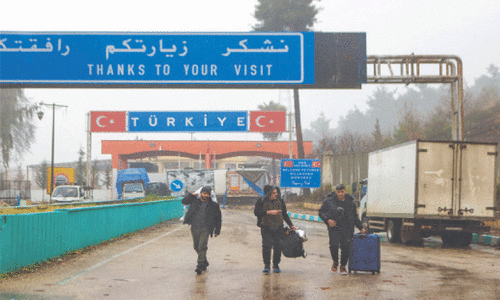CAIRO, June 15: An Islamic ruling that Egypt should give some of its oil and gas wealth to the people has ratcheted up the pressure on the government, already faced with rising popular discontent over food prices.
The Islamic Research Centre of Cairo’s Al-Azhar University, Islam’s highest authority, has issued a fatwa or religious edict saying it is a sacred duty to pay 20 per cent of its oil, gas and mineral revenues in the form of alms to the poor known as zakat.
The fatwa is based on a hadith which says that a zakat of 20 per cent is obligatory on ... all metals and minerals, solid or liquid,” Centre member and Al-Azhar teacher Mohammed Rafat Osman said.
The giving of alms is one of the five pillars of Islam and therefore an obligation for all Muslims.
Egypt’s oil and gas exports were worth $10.1 billion in 2007, according to official figures, and with crude oil striking a record high of nearly $140 a barrel last week, 2008 figures are set to be higher still.
Based on 2007 figures, the government’s annual alms payments would in theory amount to around two billion dollars.
Egypt, whose constitution says that Islamic sharia law is the main source of legislation, has not yet institutionalised zakat, unlike some Gulf countries, such as oil giants Saudi Arabia and Kuwait.
A finance ministry official who asked not to be named said simply that the fatwa was “a religious matter” and declined to comment further.—AFP













































Dear visitor, the comments section is undergoing an overhaul and will return soon.